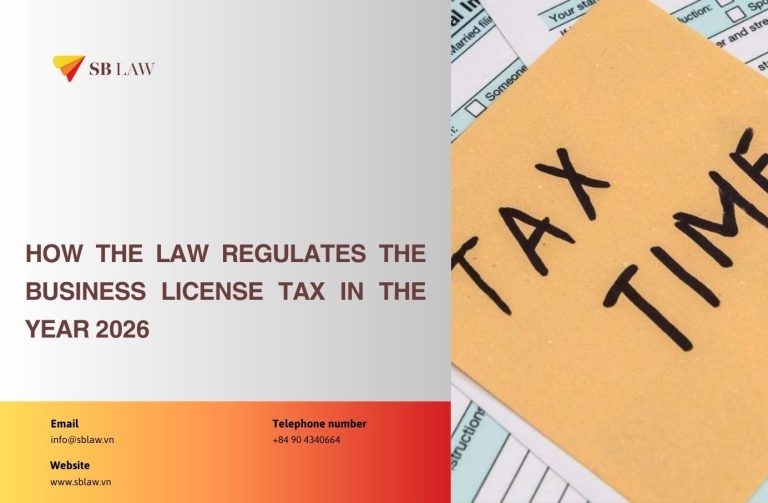| Question: We are currently providing vehicle rental services (including drivers) on a monthly fee basis to serve clients across various provinces in Vietnam. At present, one of our clients plans to relocate a vehicle from Province A to Province B (with an approximate distance of 170 km between the two workplaces). However, due to personal reasons, the driver currently operating the vehicle in Province A is unable to relocate to Province B. At the same time, we are unable to arrange a suitable alternative position for this employee to continue working at the current location. Therefore, we intend to recruit a new driver in Province B to continue operating the vehicle and, at the same time, negotiate a termination of the labor contract with the current driver (who is working under an indefinite-term labor contract). We would like to ask: in the above situation, if our company terminates the labor contract with this driver, can such termination be considered as due to restructuring or economic reasons as stipulated in Article 42 of the Labor Code? Answer: Article 42 of the Labor Code applies only in cases of (i) labor restructuring due to changes in organizational structure, production process, technology, machinery and equipment, products or product structure; or(ii) economic reasons, including economic crisis, implementation of legal policies, or decisions of competent state authorities. In this case, economic reasons or changes in products, product structure, production process, technology, or machinery and equipment are not applicable. As for organizational restructuring, it is necessary to review the current labor organization of Logitem. Typically, organizational restructuring requires the employer to modify part or all of the enterprise’s organizational structure, as demonstrated by (i) merger, (ii) consolidation, (iii) division or separation, or (iv) dissolution of one or more departments, resulting in surplus employees. Based on the situation described by Logitem, the application of grounds for organizational restructuring is unconvincing. Therefore, there is a high risk that such termination may be deemed unlawful. In this context, the advisable approach is for both parties to agree on a temporary suspension of the labor contract under Point h, Article 30 of the Labor Code. If temporary suspension is not feasible, the parties may mutually agree to terminate the labor contract ahead of time. A mutual agreement on early termination in accordance with Article 34.3 of the 2019 Labor Code constitutes a lawful ground for termination. |

How the law regulates the business license tax in the year 2026
I would like to ask how the law regulates the business license tax in the year 2026 On January 23, 2026, the Tax Department issued




